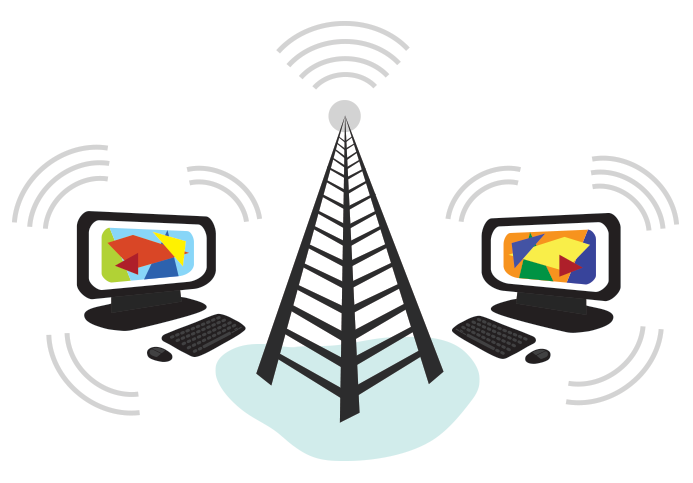-
Global Connectivity: The internet connects people and devices worldwide, allowing for instant communication and information sharing across borders.
-
World Wide Web (WWW): The World Wide Web is a subset of the internet that includes websites, web pages, and multimedia content. It is accessed through web browsers like Google Chrome, Mozilla Firefox, and Internet Explorer.
-
Email: Email (electronic mail) is a primary means of online communication. It allows people to send messages and files to others over the internet.
-
Social Media: Social media platforms like Facebook, Twitter, and Instagram have become integral parts of the internet, facilitating social networking and content sharing.
-
Search Engines: Search engines like Google and Bing help users find information and websites on the internet by entering keywords or phrases.
-
Online Shopping: E-commerce websites like Amazon and eBay enable online shopping and the purchase of goods and services over the internet.
-
Cloud Computing: Cloud services provide remote access to computing resources, allowing users to store data, run applications, and access services online.
-
Streaming Services: Streaming platforms like Netflix, YouTube, and Spotify allow users to watch videos, listen to music, and access entertainment content on demand.
-
Cybersecurity: Internet security is crucial to protect against cyber threats, including viruses, malware, phishing, and hacking.
-
Online Education: The internet has become a vital platform for online learning, with educational institutions offering courses and resources through e-learning platforms.
-
Work and Telecommuting: Many people work remotely or telecommute via the internet, using video conferencing, collaboration tools, and email to perform their jobs.
-
Blogging and Content Creation: Blogging platforms like WordPress and content creation tools enable individuals and organizations to publish and share content online.
-
Mobile Internet: With the rise of smartphones and mobile devices, mobile internet access has become increasingly prevalent.
-
Privacy Concerns: Privacy and data protection are major concerns on the internet, leading to regulations and policies to safeguard users' personal information.
-
Net Neutrality: Net neutrality is the principle that internet service providers should treat all data on the internet equally, without discriminating or charging differently by user, content, website, or application.
-
Internet of Things (IoT): IoT devices, such as smart thermostats and wearable technology, are connected to the internet, allowing for remote monitoring and control.
-
Future Developments: Emerging technologies like 5G, augmented reality (AR), virtual reality (VR), and artificial intelligence (AI) continue to shape the future of the internet.
The internet has transformed various aspects of our personal and professional lives and continues to evolve with new technologies and innovations. It has become an essential tool for communication, information access, entertainment, and commerce.




Comments (0)